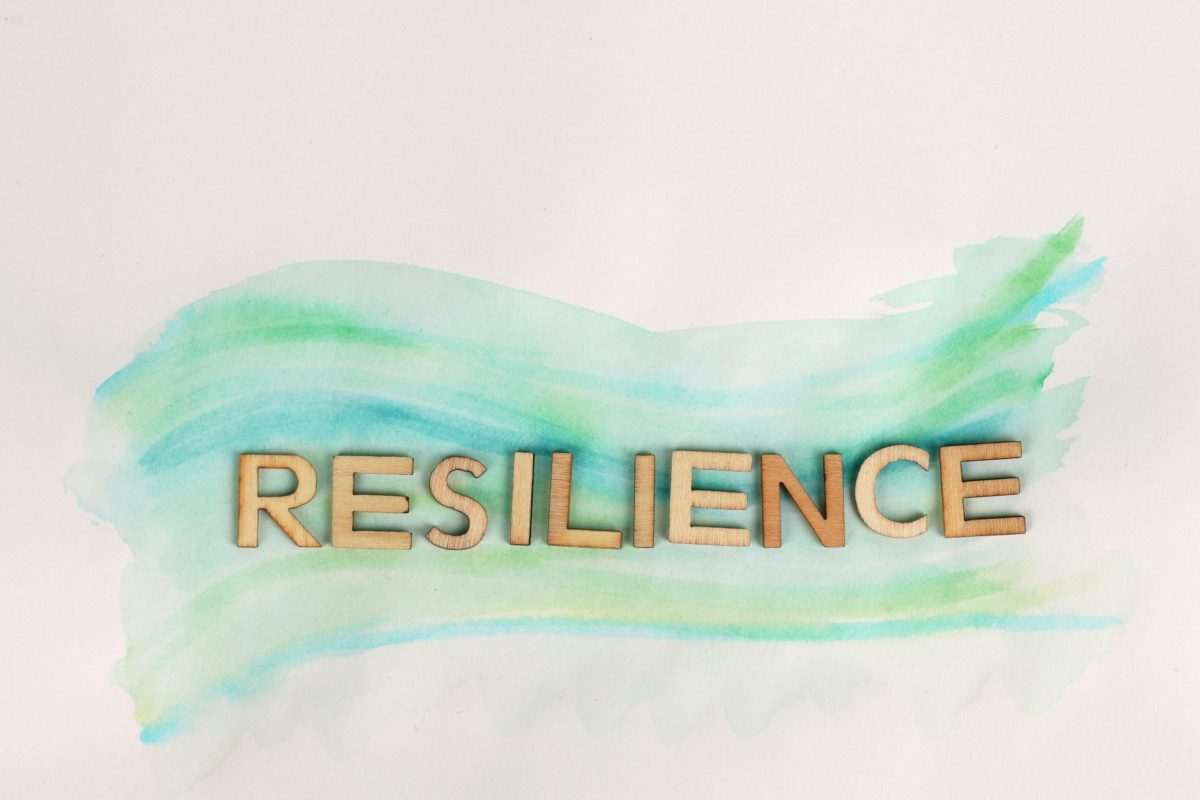Parenting
Building Resilience in Children: Strategies for Overcoming Adversity
As children grow and develop, they will inevitably face adversity and challenges. However, the ability to overcome these challenges and bounce back from setbacks is a critical skill that can set them up for success later in life. Building resilience in children can help them develop the tools they need to overcome adversity and thrive in the face of challenges. In this blog post, we’ll discuss some strategies for building resilience in children.
Tip #1: Foster a Positive Mindset A positive mindset can help children approach challenges with optimism and resilience. Encourage your child to focus on their strengths and to look for the positives in difficult situations. Praise their efforts and help them see setbacks as opportunities for growth and learning.
Tip #2: Teach Coping Skills Teaching your child coping skills can help them manage stress and overcome challenges. Encourage your child to practice deep breathing or mindfulness techniques when they feel overwhelmed. Teach them to identify their emotions and express themselves in a healthy way.
Tip #3: Encourage Social Connections Strong social connections can help children feel supported and resilient in the face of challenges. Encourage your child to build relationships with family, friends, and peers. Foster a sense of community and encourage activities that promote teamwork and collaboration.
Tip #4: Foster Independence and Self-Reliance Encouraging your child to take on age-appropriate responsibilities and make decisions for themselves can help build self-confidence and resilience. Allow your child to make mistakes and learn from them. Encourage them to take risks and pursue their interests.
Tip #5: Model Resilience Children learn by example, so it’s important to model resilience in your own life. Talk openly about your own challenges and how you overcame them. Demonstrate a positive attitude and perseverance in the face of adversity.
Building resilience in children is an important process that can help them overcome challenges and thrive in the face of adversity. Foster a positive mindset, teach coping skills, encourage social connections, foster independence and self-reliance, and model resilience in your own life. With these strategies, you can help your child develop the tools they need to overcome challenges and achieve their goals.

